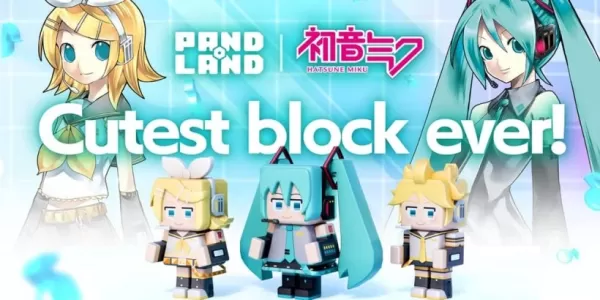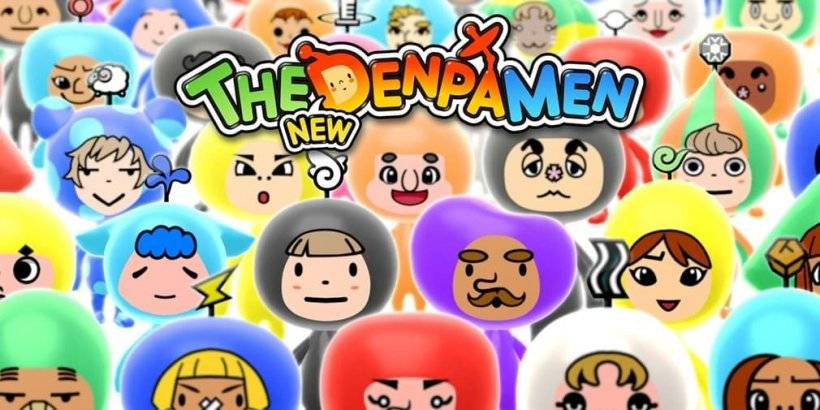Microsoft's latest venture into AI-generated gaming has stirred a lively debate, particularly with their demo inspired by the iconic Quake II. Utilizing Microsoft's cutting-edge Muse and World and Human Action Model (WHAM) AI systems, this demo showcases a real-time, interactive environment that dynamically crafts visuals and simulates player behavior without relying on a traditional game engine.
According to Microsoft, this demo allows players to engage with gameplay sequences reminiscent of Quake II, where each player input prompts an AI-generated response, mimicking the experience of playing the original game. The company describes this as a groundbreaking step toward new forms of interactive gaming, offering a glimpse into the potential future of AI-powered gameplay.
However, the reception to this demo has been overwhelmingly negative. Following a brief video shared by Geoff Keighley on X / Twitter, the online community voiced strong criticism. Many expressed concerns about the future of gaming, fearing that an over-reliance on AI could lead to a loss of the human touch in game development. Comments ranged from disappointment in the demo's quality to broader worries about the industry's direction, with some users even suggesting that AI-generated content might not meet player expectations.
Despite the backlash, not all feedback was negative. Some saw the demo as a promising sign of technological advancement, highlighting its potential to aid in early concept and pitching phases of game development. They emphasized the demo's role as a showcase of AI's capabilities rather than a finished product, suggesting it could lead to improvements in other AI applications.
The debate around Microsoft's AI demo reflects broader discussions within the gaming and entertainment industries about the role of generative AI. Amidst significant layoffs and ethical debates, companies like Keywords Studios and Activision have explored AI in game development, with mixed results. For instance, Keywords Studios' attempt to create an entirely AI-generated game was unsuccessful, highlighting AI's limitations in replacing human creativity.
Moreover, the use of AI in games like Call of Duty: Black Ops 6 has sparked controversy, particularly over the use of AI-generated assets. Similarly, a leaked AI video featuring Horizon's Aloy character has fueled discussions about AI's impact on voice acting and the broader implications for the industry.
As the debate continues, it's clear that while AI holds significant promise for enhancing gaming experiences, its integration into game development remains a contentious and complex issue.








